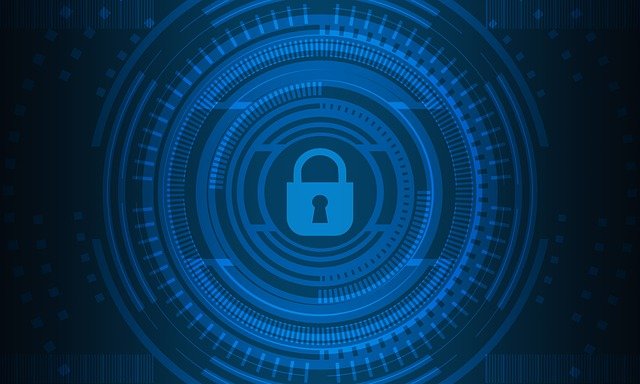There’s a lot of talk these days about online security, and how to protect yourself from hackers, identity thieves, and other online threats. But there are also a lot of misunderstandings about what online security is, and how to achieve it. Here are five of the most common misconceptions about online security.
1. No Antivirus
Online security is about more than just protecting your computer from viruses and hackers. It’s also about protecting your online privacy and keeping your personal information safe. Antivirus software is important, but it’s only one piece of the online security puzzle. To be truly secure online, you need to take a comprehensive approach that includes using strong passwords, avoiding phishing scams, and being careful about the information you share online.
Just because your pc has firewall that does not mean you’re completely protected from all threats. You will need the best antivirus program that will provide you protection from all possible threats.
2. Not using a secure VPN
You may be wondering what a secure VPN is. Well, a VPN or Virtual Private Network, is a service that creates a private, encrypted tunnel between your computer and the internet. That way, if you’re connected to a public Wi-Fi network, like the coffee shop down the street, anyone on that network can’t see what sites you’re visiting or any sensitive information you might be sending. It also encrypts all of your traffic so your ISP can’t track what you’re doing online.
There are many different reasons why you might need a VPN. Perhaps you want to access websites that are blocked in your country, or you want to ensure that your online activity is secure and private. Whatever your reasons, a VPN can give you the security and privacy you need.
Using a VPN can improve your security when you’re online. By encrypting your traffic and routing it through a secure tunnel, a VPN can protect your data from being intercepted by malicious actors. This is especially important if you’re using public Wi-Fi networks or accessing sensitive information like banking details or passwords.
3. No 2-factor authentication
2-factor authentication is an important step in online security, yet many people still don’t use it. They think it’s too complicated. 2-factor authentication may seem like a hassle, but it’s actually quite simple. All you need is your phone and a few minutes to set it up.
Many people also think it’s not necessary. If you’re only using a username and password to protect your online accounts, you’re at risk of being hacked. 2-factor authentication adds an extra layer of security, making it much harder for hackers to break into your account.
Many think it’s not worth the hassle. Sure, 2-factor authentication adds an extra step to the login process, but it’s worth it for the added security. Plus, once you’ve set it up, you won’t even have to think about it again. Some of us also think that we’ll never be hacked. Remember no one is immune to hacking, no matter how careful they are. 2-factor authentication helps protect your account even if your password is compromised.
4. Not changing passwords or using the same passwords
One of the most common misunderstandings about online security is that people think they only need to have one password that they use for everything. This simply is not the case. In fact, using the default or same password for multiple accounts is one of the worst things you can do when it comes to keeping your information safe. If a hacker gets ahold of your password, they will then have access to all of your accounts. The best way to keep your passwords safe is to use a different password for each account, and make sure that those passwords are complex and difficult to guess.
You can use a password generator if you do not want to remember long and difficult passwords. A password generator will not only generate new passwords but it will also remember them. You just need to remember one password that you will use when you log into a password generator.
5. Not installing system updates
One of the most important things you can do to improve your online security is to keep your operating system and applications up to date. Cyber criminals are always looking for vulnerabilities in software that they can exploit, and as soon as a new vulnerability is discovered, they will create new malware to take advantage of it. Software vendors will usually release updates to patch these vulnerabilities, but if you don’t install the updates, you will remain vulnerable. So make sure you set your computer to install updates automatically, and if you see a notification that there are updates available, make sure you install them as soon as possible.

